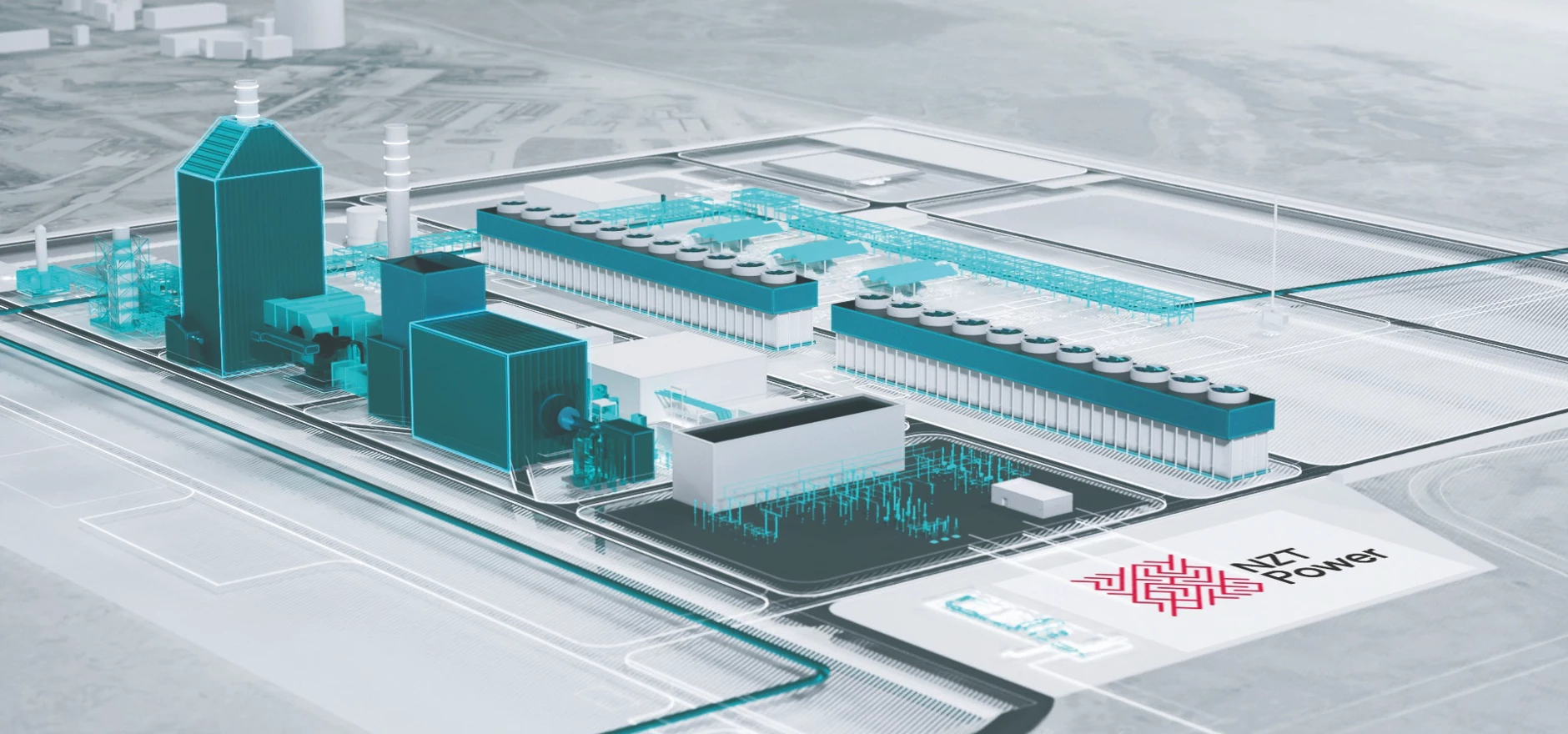
‘World-leading’ Teesside energy facility project could create and support up to 4,000 jobs
The project to deliver a ‘world-leading’ carbon capture energy facility has hit a major milestone after the UK Government granted approval.
Net Zero Teesside (NZT) Power, under development by partners bp and Equinor at Teesworks, has received backing by the Secretary of State after a detailed planning process lasting more than two years.
A Development Consent Order has been granted for the scheme. DCOs are required for nationally significant infrastructure projects such as airports, power stations or railways.
Teesworks Chairman Chris Musgrave OBE commented: "We've been hard at work preparing the land, planning consent has been secured, and now nothing is holding us back in getting this transformational scheme off the ground.
"Net Zero Teesside Power is a key part of the puzzle to our carbon capture and storage ambitions, feeding into the net zero ambitions of existing businesses and becoming a prime asset for others looking to relocate here. This shows the speed at which we're moving for the good of local people and the region."
Tees Valley Mayor Ben Houchen added: "This is a welcome next step towards getting spades into the ground for this huge investment, which will help make us the first decarbonised industrial cluster, pioneering clean energy while creating the good-quality jobs of the future.
"This is just the start of bp's plans for our area, with blue and green hydrogen development in the pipeline among other projects. Our Joint Venture Partners have been critical in helping get NZT Power over the line and will play a huge part in the upcoming schemes too."
Extensive work to clear and prepare the former Redcar Blast Furnace site ahead of construction is continuing. NZT Power aims to be the world’s first gas-fired power station with carbon capture and storage capability and will help drive Teesside’s aim to become the UK’s first decarbonised industrial cluster as early as 2030.
The project could create and support up to 4,000 jobs during construction and operations and add up to £300m to the economy per year.
The proposed power station will generate up to 860 megawatts of low carbon electricity, enough to power up to 1.3 million UK homes. Up to two million tonnes of CO2 emissions from the power station will be captured each year, emissions which would otherwise be released into the atmosphere.
Looking to promote your product/service to SME businesses in your region? Find out how Bdaily can help →
Enjoy the read? Get Bdaily delivered.
Sign up to receive our daily bulletin, sent to your inbox, for free.








 £100,000 milestone drives forward STEM work
£100,000 milestone drives forward STEM work
 Restoring confidence for the economic road ahead
Restoring confidence for the economic road ahead
 Ready to scale? Buy-and-build offers opportunity
Ready to scale? Buy-and-build offers opportunity
 When will our regional economy grow?
When will our regional economy grow?
 Creating a thriving North East construction sector
Creating a thriving North East construction sector
 Why investors are still backing the North East
Why investors are still backing the North East
 Time to stop risking Britain’s family businesses
Time to stop risking Britain’s family businesses
 A year of growth, collaboration and impact
A year of growth, collaboration and impact
 2000 reasons for North East business positivity
2000 reasons for North East business positivity
 How to make your growth strategy deliver in 2026
How to make your growth strategy deliver in 2026
 Powering a new wave of regional screen indies
Powering a new wave of regional screen indies
 A new year and a new outlook for property scene
A new year and a new outlook for property scene